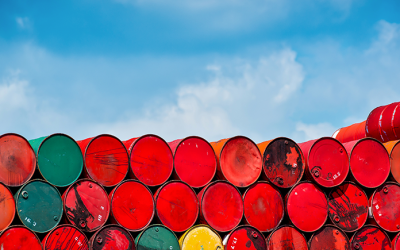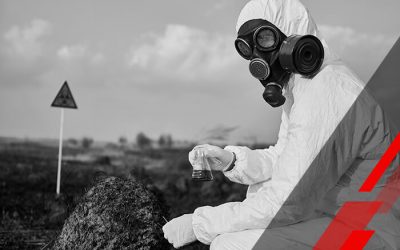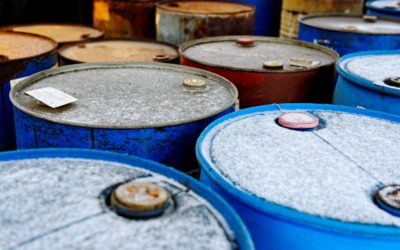Medical waste management entails so many rules and protocols you must follow, and under that umbrella, hospital waste management is certainly no exception. Creating and following a best practices plan for your hospital waste management helps to ensure that you remain in compliance with hospital-specific regulations of your locality, state, and the federal government.
Service Request
Have waste that requires compliant handling or disposal? Fill out our service form and an MCF Environmental Representative will get back to you quickly with next steps!
Please note we do not provide disposal services for household waste














